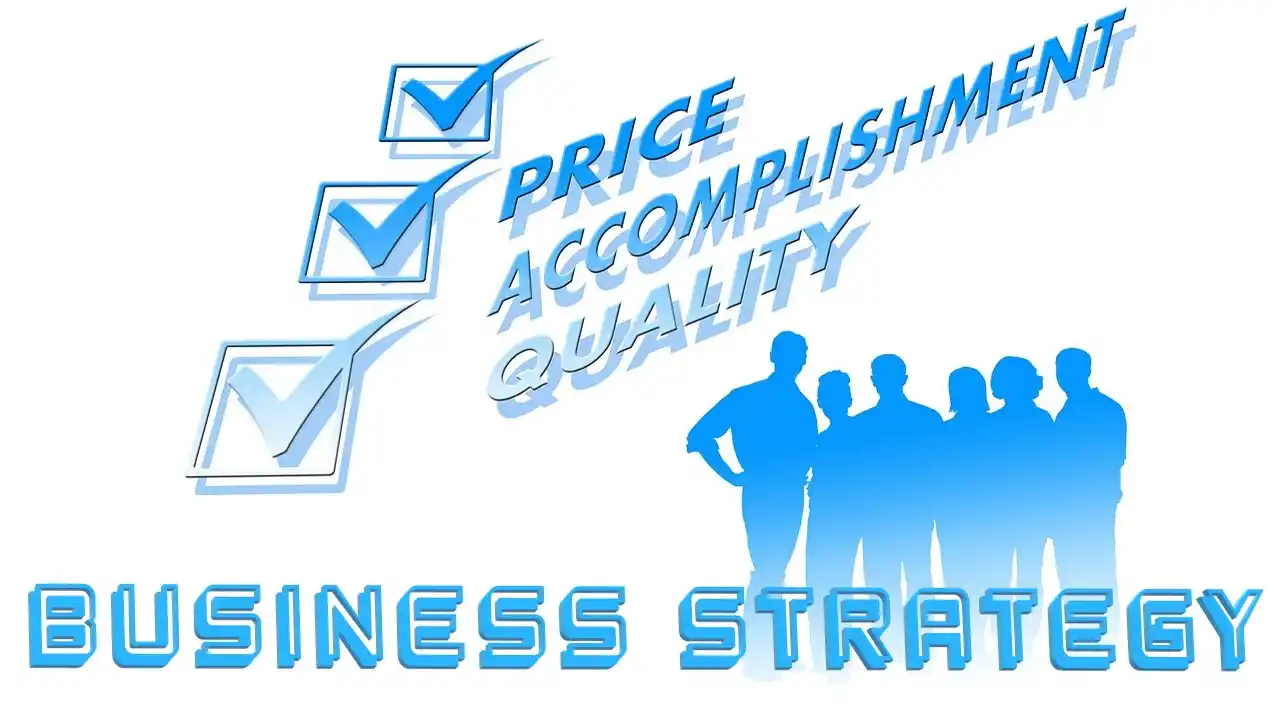A company’s reputation is one of its most essential and valuable assets. They desire to perceive as intelligent, kind, helpful, honest, and equitable. This is why leaders, administrators, and employees are concerned with their social status. On the other hand, there is increasing evidence that placing too much importance on one’s reputation can be detrimental. For instance, decision makers may tempte to engage in unethical behavior in order to appear to be acting ethically. The disadvantages of business ethics will be covered in-depth in this article, along with some examples for your convenience.
However, not all businesses are identical. Some adhere to ethical business practices and do good for society and people while conducting business, even if it reduces profits. The primary objective of businesses across the globe is to generate profits and make their proprietors wealthy. To comprehend this concept, you must consider the pros and cons of conducting business honestly.
Top 10 – Disadvantages of Business Ethics
Companies are becoming more aware of the importance of adhering to ethical business practices and evaluating their performance based on more than just profits. This led to the conception of the “triple bottom line,” also known as “people, planet, and profit.” It is common to report on a company’s accomplishments in terms of money, people, and the environment. The Dow Jones Sustainability Index evaluates the performance of companies based on the three components of the “triple bottom line” This type of performance reporting recognizes that businesses need to make money to remain in business, but it also encourages businesses to act ethically and sustainably. Check out these disadvantages of business ethics to enhance your knowledge. To learn about the latest research on features of business ethics topic, read this recent article.
Significance of Ethical Conduct
To ensure ethical behavior, why do so many businesses adopt actions that are highly public, have a significant impact, and are expensive? For a significant number of customers in a variety of markets, it appears that the benefits outweigh the disadvantages. This means that businesses must continue to sell their products to these customers.
In the past, businesses have been able to convince consumers to choose the option that will save them the most money. Local and international competition is intensifying at an alarming rate, so businesses must now differentiate themselves in ways other than price.
Reduced Profits with Ethical Practices
Utilizing business ethics will have a negative impact on the company’s revenue. This is due to the fact that the company will have to devote more time, money, and other valuable resources to matters that do not directly impact the bottom line.
These costs manifest at every level of the organization, from having to spend more on human resources (HR) and training to being unable to compete on price with businesses that engage in unethical business practices.
Improve your Company’s Reputation
When business ethics are observed, a company’s image on the market improves. Ethics aid a business in adhering to the law and providing the best possible service to its customers.
It regulates unethical business practices and ensures that all business activities adhere to moral standards. Despite producing high-quality products, the company earns less money overall. This increases the company’s positive reputation and attracts a large number of new customers.
Consuming Time
Implementing ideals into business practices requires considerable time. It requires considerable time and effort on the part of the ensemble. For these ethical standards to be effective, businesses must understand how to implement them correctly. A disadvantages of business ethics is that it can sometimes result in conflicts between employees who hold different ethical beliefs or values.
Instability
The principles for how a business should conduct itself ethically evolve over time and not fix. The proprietors of the businesses modify them based on what they believe to be in the best interest of the business, regardless of whether or not these modifications are equitable.
Changes to these company procedures can difficult if they are make too frequently. When a company modifies its standards, it must inform its employees and instruct them on how to proceed.
Profitability is Restricted
If a business adheres to social norms, it may be more difficult for it to maximize profits.For example, manufacturing in developing nations can help keep prices low. This is due to the fact that corporations can employ youthful people for low wages, thereby maximizing their profits.
In spite of the fact that these actions are lawful in these nations, they are unethical and will never tolerate by an organization that adheres to ethical standards. This is evident. One disadvantages of business ethics is that it can be costly to implement and maintain ethical standards in a business
Lack of Profit Maximization
Developing, implementing, and maintaining an ethics compliance program in your organization may require significant time and resources. The organization’s ethics policies should routinely revise to reflect evolving business norms and legal requirements that impact the workplace.
Not Suitable for Small Businesses
It is difficult for small enterprises to adhere to ethical standards because doing so would reduce their profits. When it comes to conducting business in an ethical manner, small enterprises cannot afford to incur any losses.
It may make it more difficult for children to mature and endure in the harsh world of today. To satisfy these requirements, the company must pay more money, which is prohibitively expensive for smaller businesses.
Consumers are Concerned about Principles
People are becoming increasingly concerned about environmental issues such as carbon footprints, emissions, debris, and water pollution. Additionally, they are becoming more aware of how people in other countries live, human rights, and the importance of having enough money to live comfortably.
The rise of movements advocating for fair-trade sourcing, environmentally friendly methods and byproducts, and decent working conditions demonstrate that customers can extremely interest in how a business operates. This is the disadvantages of business ethics.
Improve a Business’s Reputation
A company’s reputation for honesty can help it create a better image on the market, which can attract new customers through the recommendations of existing customers who have heard about the company from other customers.
Conversely, if a company is known for conducting business dishonestly, it will be more difficult for them to acquire new customers. This is especially true now, when social networking makes it simple for dissatisfied consumers to share their negative experiences with others.
FAQ
What are the Challenges in Establishing an Ethical Culture in Business?
Even though researchers have written about the significance of ethical indicators, it is difficult to implement them in business. It includes, among other things, concerns about enforcement, corporate culture, poor leadership, whistle-blowing, and a lack of ethics instruction.
What are the Flaws in Professional Codes?
A professional code’s principles are never exhaustive or exhaustive. Individuals in a particular field use codes to instruct themselves of their responsibilities. When two or more instructions contradict one another, codes are not always useful. Codes assign to professionals to assist them in making ethical decisions.
What are the Drawbacks to Business Ethics?
According to some, being honest in business has the following disadvantages: Rather than seeking the lowest price, you should purchase from fair trade sellers in order to obtain the greatest value. Expenses for training and publicizing the company’s ethical policy, as well as higher operating expenses. There is a possibility of inflating people’s expectations.
Final Words
Given the importance of business ethics in the modern business world, business groups are strongly encouraged to adhere to them. Companies should handle social issues in the workplace as professionally as feasible, such as ensuring that everyone has equal opportunities and eliminating bias.
Clearly, businesses do not operate in a vacuum, so environmental issues such as conserving energy, reducing waste, and recycling must address in a manner that does not negatively impact business operations. Continue reading to become an expert on disadvantages of business ethics and learn everything you should know about it.






